Photo courtesy of Felix Leon
Dealing with homophobia and transphobia on top of racism and xenophobia is exhausting but some minorities have been doing so for decades. While it may be more widely known as the beginning of fall and the Halloween season, October is also LGBTQ+ History Month.
Story by Juan Alfonso Núñez Rodríguez
History tends to erase those who fall under the margins of society, meaning LGBTQ+ icons and people of color and especially those who identify as both are often times forgotten rather than celebrated. ORANGE Magazine has compiled a list of iconic LGBTQ+ Latinxs who may not appear in history textbooks, but deserve to be praised for their contributions to society.
Sylvia Rivera
While transwomen of color may oftentimes be underrepresented and even discriminated against even within the queer community, the whole movement for LGBTQ+ equal rights began with them. One of these foremothers is Sylvia Rivera, a Venezuelan and Puerto Rican American activist and frequenter at New York City’s gay bars. The police would often raid these locations, dehumanizing anyone in them and reminding them that under the eyes of the law, their existence was criminal.
Photo courtesy of BESE
Rivera was at Stonewall Inn on July 28, 1969 with her close friend Marsha P. Johnson when the police raided the location. The two took this as an opportunity for resistance and began a riot that would last five days and be remembered as the Stonewall Riots, the beginning of the movement for LGBTQ+ civil rights. They also went on to found STAR (Street Transvestite Action Revolutionaries). Rivera opened a queer caucus with the Puerto Rican movement Young Lords, creating spaces for queer individuals within Latinx social movement groups.
José Julio Sarria
From a young age, José Julio Sarria liked to dress in “girl’s” clothes and entertain others. He left his performative career upon enlisting to fight in World War II, where he was eventually discharged with the rank of staff sergeant. The Colombian and Nicaraguan drag performer formed part of a large group of Latinx men who enlisted in the war in the hopes of bringing victory and coming home to a country that valued the. Upon returning home to San Francisco, however, his fight went beyond the battlefield. Sarria went on to found the League for Civil Education, which aided men arrested during police raids of queer spaces. He also became the first openly gay man to run for political office. Although he did not win the election, he paved the way for countless Latinx queer people in the military, politics and drag shows.
Photo courtesy of out.com
Pedro Zamora
At the peak of the AIDS epidemic in the United States, Pedro Zamora became the first openly gay man with AIDS in the media. The first generation Cuban was featured in MTV’s “The Real World: San Francisco in 1994.” Zamora started a national conversation regarding AIDS, gave a face to the many Latinxs living with the disease and even had one of the first televised same sex commitment ceremonies with his partner. His impact was so large that President Bill Clinton called Zamora to thank him for his work the same day he passed away. From MTV to the White House, his impact cannot be measured.
Photo courtesy of Towleroad
Pulse, Orlando
One of the deadliest mass shootings in American history hit close to home for those who identify as Latinx and LGBTQ+. After the legalization of same-sex marriage, many were under the belief that the fight for LGBTQ+ rights was over as the community had reached the equality it had been fighting for all along.
Photo courtesy of Mashable
The Pulse Nightclub Shooting came as an awakening. While the motives of the shooter have recently begun to be questioned, the impact remains the same. Ninety percent of those killed were Latinx. It was Latin Night in a city mostly occupied by Latinx people. While most of the conversations surrounding that night have chosen to overlook that fact or focus on the shooter instead, the victims should not be forgotten: Stanley Almodovar III. Amanda Alvear. Oscar A. Aracena-Montero. Rodolfo Ayala-Ayala. Alejandro Barrios Martinez. Martin Benitez Torres. Antonio D. Brown. Darryl R. Burt II. Jonathan A. Camuy Vega. Angel L. Candelario-Padro. Simon A. Carrillo Fernandez. Juan Chevez-Martinez. Luis D. Conde. Cory J. Connell. Tevin E. Crosby. Franky J. Dejesus Velazquez. Deonka D. Drayton. Mercedez M. Flores. Peter O. Gonzalez-Cruz. Juan R. Guerrero. Paul T. Henry. Frank Hernandez. Miguel A. Honorato. Javier Jorge-Reyes. Jason B. Josaphat.
Emma González
At just 18 years old, Emma González has become the face for gun control across the United States. As a survivor of the Parkland High School shooting, the openly bisexual Cuban-American went on to lead the student led movement for gun reform by organizing the March for Our Lives, calling B.S. on politicians funded by the NRA and leading a six minute long moment of silence heard around the world in memory of the victims. Gonzalez’s activism on top of her queerness and hispanic surname have made her a target for criticisms and attacks based on both homophobia and racism. Despite this, she has refused to back down. González is an inspiration for the next generation of LGBTQ+ Latinxs who will continue to fight, speak out and occupy space, following the way paved by those before them.
Photo courtesy of Zimbio
































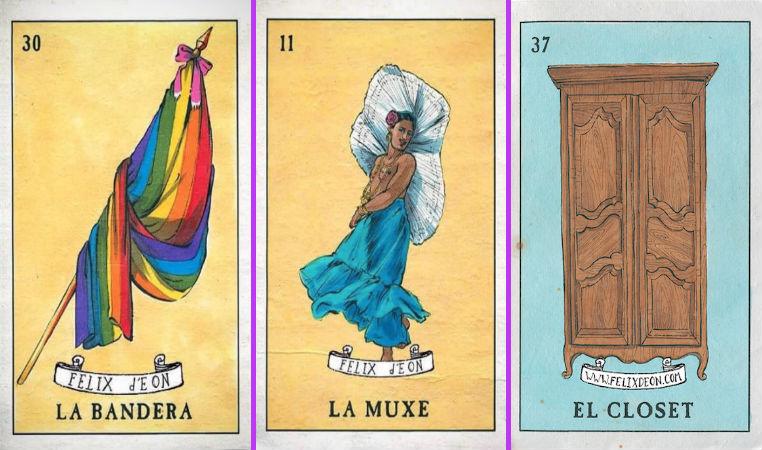
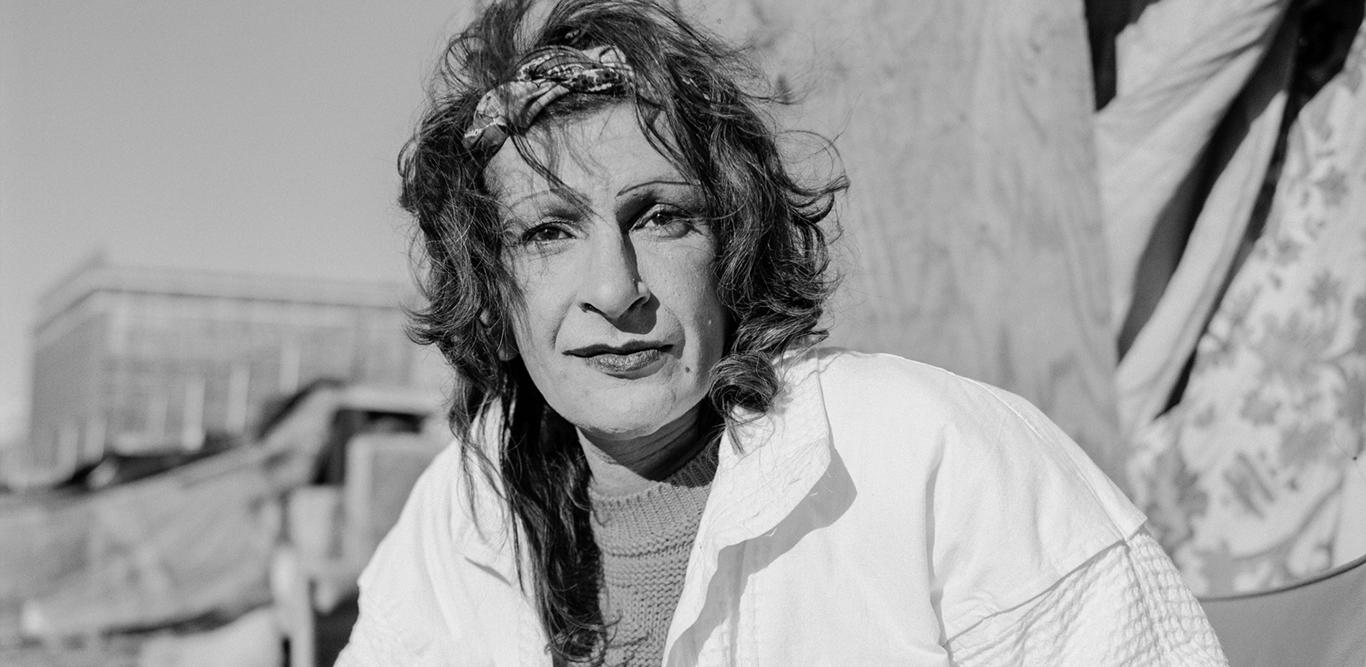
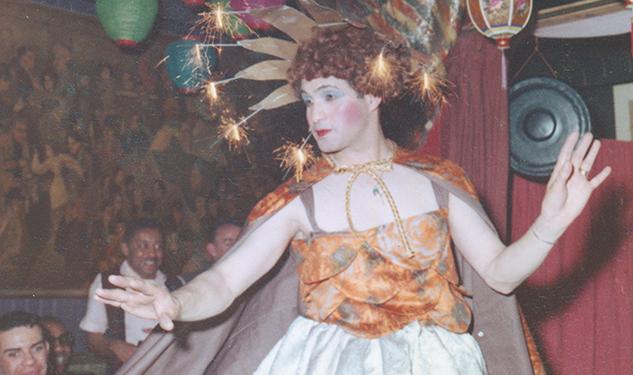
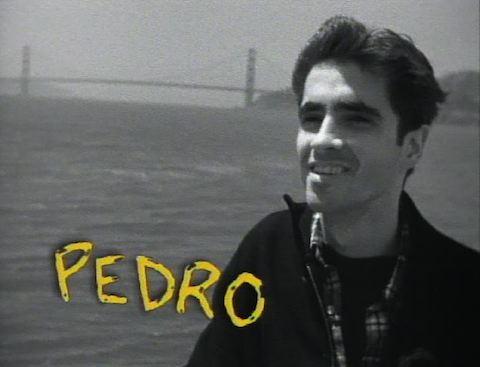
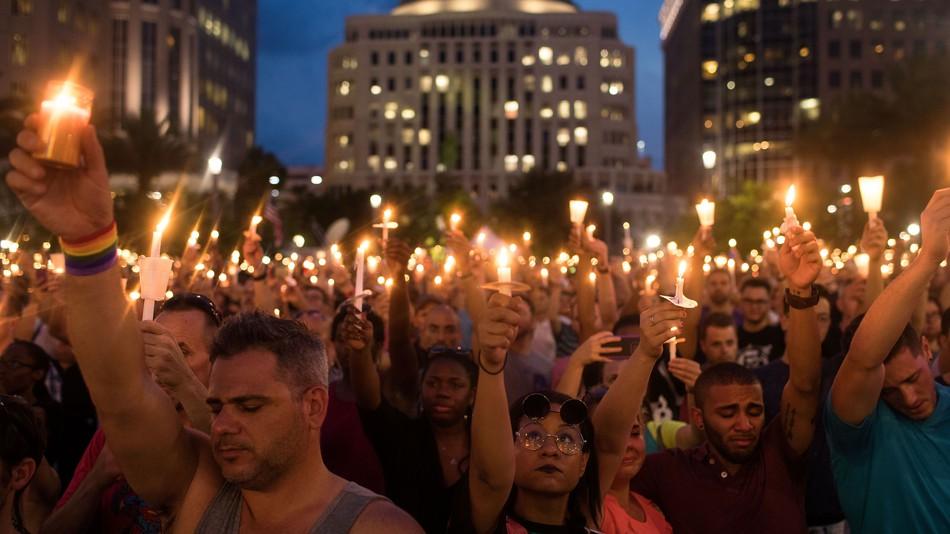
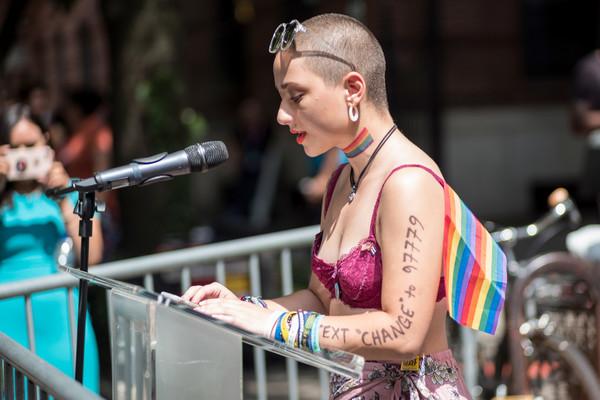

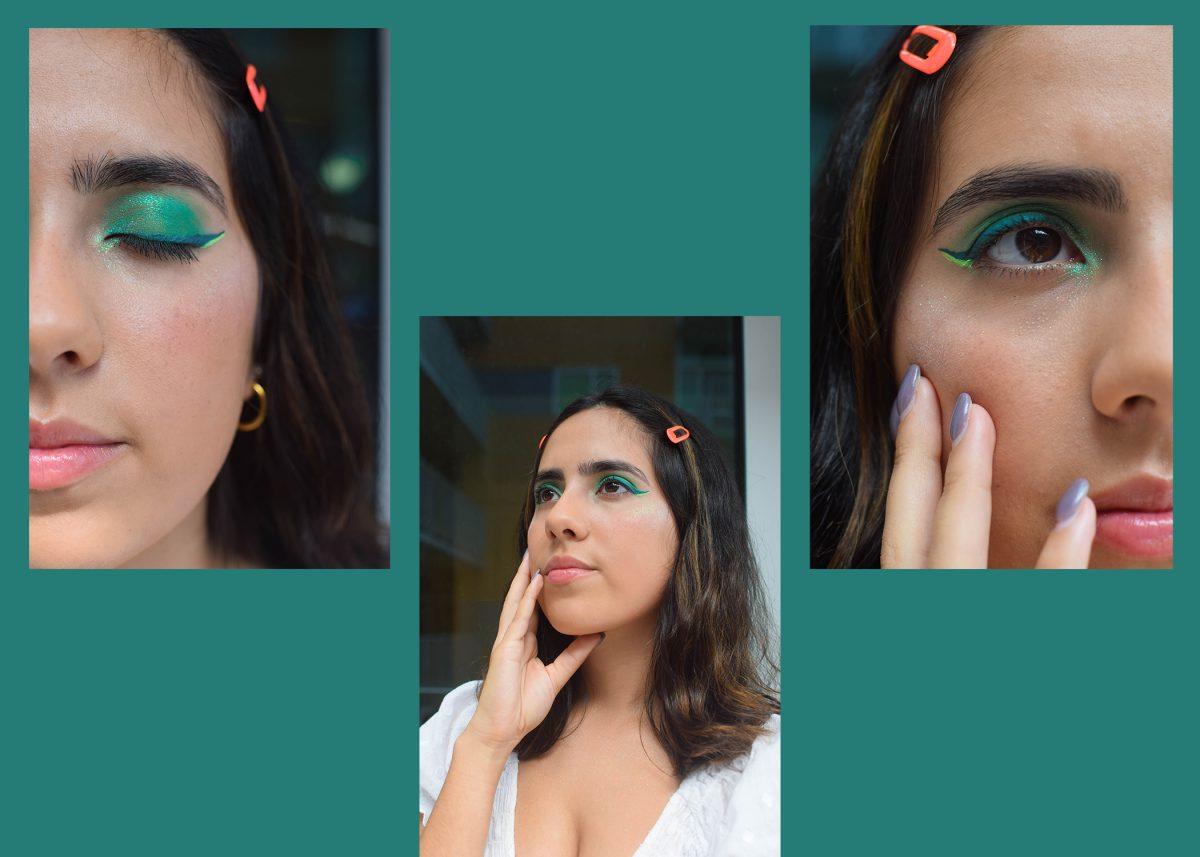


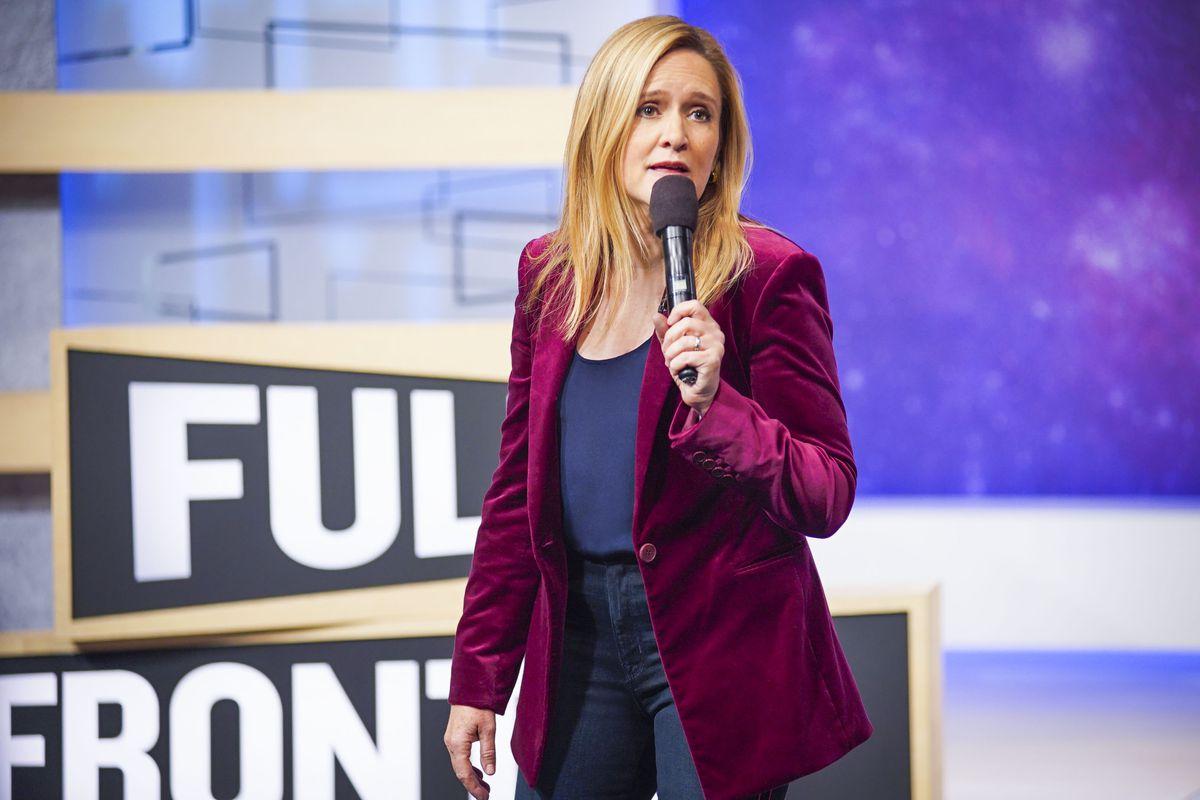







Cruz • Oct 26, 2018 at 2:10 am
I love this. Thank you for sharing <3